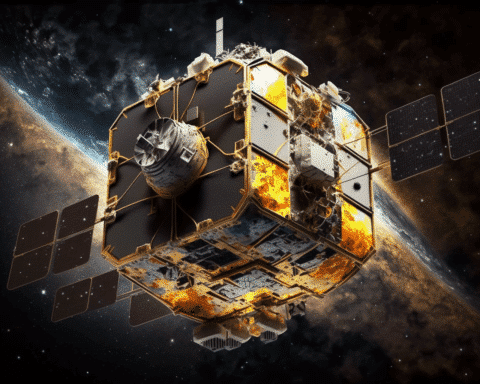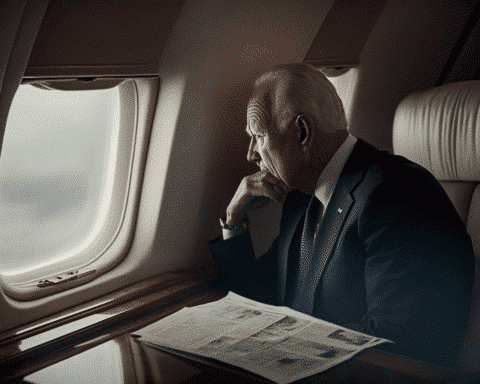The Eurovision 2023 song contest crowned Loreen from Sweden as the champion for the second time with her track “Tattoo.” The victory occurred on Saturday in Liverpool, Northern England, making her the first female to clinch the top spot twice.
Coming in second was Käärijä from Finland, a rapper known for his green bolero sleeves. His song “Cha Cha Cha” won the viewer vote, but it wasn’t enough to surpass Loreen, who had a lead thanks to the jury results from the 37 participating countries.
An emotional Loreen told reporters, “I am seriously overwhelmed.” When comparing her recent victory to the one she won in 2012, she equated it to “coming back to a family.”
After Ireland’s Johnny Logan, Loreen is the only other person to have won the contest twice. This victory places Sweden on par with Ireland as the most prosperous country in Eurovision history, a title held 49 years since ABBA’s memorable win.
The 67th annual music festival was hosted in Liverpool, known as the “City of Pop,” on behalf of Ukraine, the previous year’s winner. Ukraine was unable to host due to the Russian invasion.
Event organizers navigated a challenging line of keeping Ukraine in focus while avoiding explicit political messages, which are banned in the competition. Their efforts were largely successful.
The Kalush Orchestra, winners from 2022, seamlessly integrated recorded video from Ukraine with live performances in Liverpool during the opening act, which even featured a cameo from Britain’s Kate, the Princess of Wales, on the piano.
However, the contest was marred when Ternopil, the western Ukrainian city and home to this year’s entry, electro-pop duo Tvorchi, was struck by Russian missiles. The local authorities reported two injuries following the attack on Telegram.
Despite Ukrainian President Volodymyr Zelenskiy’s request to speak to the global audience of 160 million viewers, he was barred by the European Broadcasting Union, the event organizers. They upheld their rules against political statements, stating that even though the request was made with “laudable intentions,” it contradicted the apolitical nature of the event.
THE SPIRIT OF UKRAINE
Regardless, the spirit of Ukraine permeated the show, viewed live by thousands along the River Mersey and millions more on TV. The emotional high point was a performance of “You’ll Never Walk Alone,” jointly sung in the arena and Ukraine, bringing many spectators to tears.
The final 26 acts covered a broad range of music styles, from ballads to heavy rock to rap, with a few quirky performances that are a hallmark of the competition.
Germany and Britain were finishing at the bottom of the leaderboard, but thankfully, no country was assigned the dreaded “nul points.”
Pam Minto, a 37-year-old support worker from Liverpool, expressed her hope that their city made Ukraine proud, adding, “We’ve just loved the whole event right across Liverpool from start to finish. It’s just been amazing.”
As the 67th Eurovision Contest concluded with Sweden’s Loreen reclaiming the crown for a second time, the enduring spirit of the competition – to unite nations through music – was evident, even amidst geopolitical tensions. The contest, however, is more than just a showcase of diverse music and flamboyant performances; it’s a testament to the universal language of music and its ability to transcend boundaries and uplift spirits during challenging times. Despite the heavy heart with which this year’s Eurovision was held, the resilient spirit of the participants and the audience echoed the sentiment that music will never walk alone.




